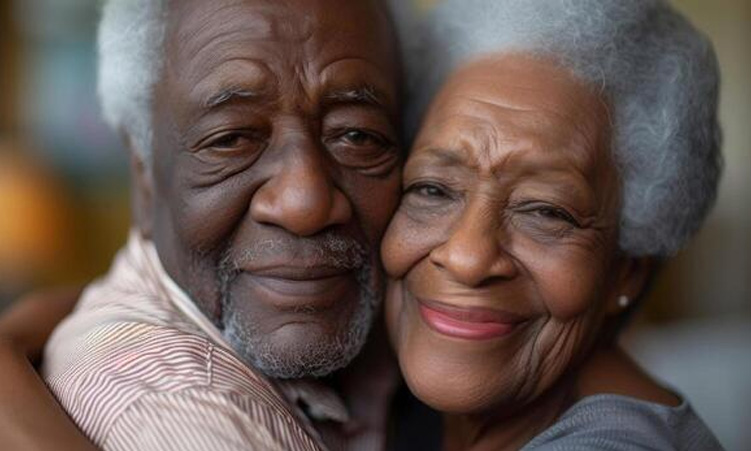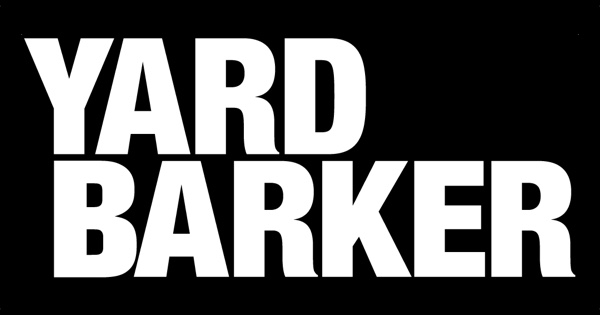Copyright namibian

Working young people can be taken to court for not paying their elderly parents maintenance. The legal obligation for children to support their parents in need is stipulated in the Maintenance Act 9 of 2003. This clause is, however, widely unknown, lawyers say. Legal practitioner Bianca Boois says elderly parents can take their working adult children to court to claim maintenance in cases where it is proven that the elderly are unable to care for themselves due to reasons beyond their control. Many elderly people are not aware of this right, which is enshrined in the Constitution, she says. “Many parents have sacrificed themselves to raise their children. There are parents who sell their last cattle to put their children through university. But you will see the same children working and living the soft life in the cities while their parents are unable to meet their basic needs,” Boois says. “This is the legal right of the elderly in such cases, but they just do not know about it. So I want to share this information with the public,” she says. HOW IT WORKS Under the Maintenance Act, an elderly parent can claim maintenance from their children if specific conditions are met, such as the parent being unable to maintain themselves due to circumstances beyond their control, including old age, illness, or disability. Boois says other conditions are that the child must have sufficient financial resources to support the parent while still meeting their own needs. In addition to this there must be other liable people, like the elderly parent’s spouse or other legally liable people, who are unable to provide support. “I have dealt with one case of a parent laying a claim against their working adult children. The mother was successful in getting the claim approved, but there are challenges of paying consistently,” Boois says. The Maintenance Act stipulates that for failing to honour a maintenance order, the court can instruct the adult child’s employer to deduct the maintenance amount directly from their salary, or that movable goods up to the value of a N$1 000 each are attached and sold. Should all mediation fail and the case become a criminal matter, the punishment for failing to obey a maintenance order is a fine of up to N$4 000, or imprisonment for up to 12 years. Boois says she has travelled to different regions across Namibia where she has noticed a growing trend of young, employed women dumping their children in the care of their elderly parents without financial support. “Apart from dumping their children (with their elderly parents), they do not provide their parents with support either,” Boois says. She emphasises that the Maintenance Act does not apply to children or eligible spouses only, but also to the elderly. “A complaint can be filed by the elderly parent at any magistrate’s court, where a clerk of the court will help the applicant complete the necessary forms. A maintenance officer will investigate the complaint, and if necessary institute a maintenance inquiry in court,” the lawyer says. According to the act, the process is designed to be accessible and does not require a lawyer. ‘MORAL OBLIGATION’ Former ombudsman advocate John Walters says the responsibility to care for parents unable to look after themselves should not require a law to compel financially stable adult children to care for them. He says this is adult children’s moral responsibility and duty. He says the country is, however, facing moral decay involving that teenagers give birth to children they cannot care for. “I don’t call them absent fathers, they are children under the care of their parents sitting with responsibilities that are way over their heads,” says Walters. Walters says during his tenure in office as the ombudsman, he has not encountered any elderly laying complaints against their children over neglect. He attributes this to lawmakers and enforcers not making the laws known among the most vulnerable. “There is no mechanism of how to bring not only the maintenance law, but many other laws to the people,” he says. Bondelswarts Traditional Authority senior councillor Lukas Swartbooi from Karasburg says neglecting the elderly is rife among his community. He questions why this crucial legal provision is not popularised like other laws. “Is it because this law affects the pockets of those that are sitting in high offices and are well off, but couldn’t care less that they are hiding this law?” he asks. Swartbooi says the authority’s offices could also take up raising awareness of this law among community courts. “Currently the Bondelswarts community court is not functional as we do not have a chief, but the Witbooi Traditional Authority community court is functional. “We can have those hearings here and take these types of working adults who do not care for their parents to task,” he says. Councillor Sara Bock from the Bondelswarts Traditional Authority at Gibeon says there are two sides of this coin. She says alcohol abuse among the elderly is worrying, and some parents drink with their children, without buying food or clothing. “Those elders will tell you the pension they drink from is the government’s money, and their drinking is a private matter,” Bock says. “We know of cases where the child would rather just buy groceries and deliver it, or clothing or whatever is needed in the house. But some parents also sell these goods,” she says. ‘YOU EXIST BECAUSE OF ME’ Brandon Gariseb (27) from Henties Bay says caring for the elderly should not be mandatory. Gariseb has two young children. “To say the law says I must care for my elderly makes me feel like it was not a pleasure for my parents to have me and to raise me. There are parents who make you feel you are where you are today ‘because I brought you here’.” Gariseb says he has to care for his wife and children and does provide support for his elders when he is able to. “I buy groceries, help care for them physically, and I do what I can even though I can’t buy them houses and so on. “But I can see now black tax is not only real, but is law. And it does not only affect us black children, but everyone,” he says. Windhoek travel consultant Frieda Iilonga (36) says she supports the law, because she believes parents deserve their children’s support. “I just conceived a baby recently, and if she becomes successful some day, I will expect her to also care for me. We carry our babies for nine months and care for them, so I fully support this law,” she says. Windhoek resident Michael Mbango (30), a truck driver, says he supports his mother (65) and grandmother (95) who are both based in the north. “I have not heard about the law, but I am in support of it. As children, we should return the favour. I make sure to send money home,” he says. Former Namibia National Students Organisation chairperson Simon Amunime says it is fair for working children to help their parents. “It is a different case for biological parents who were not involved in their children’s lives though. Most people were raised by their extended families and should not forget where they came from,” he says.



